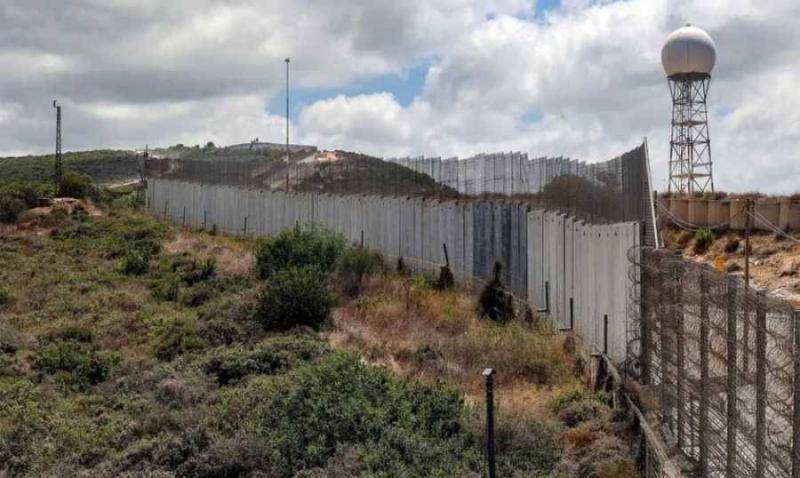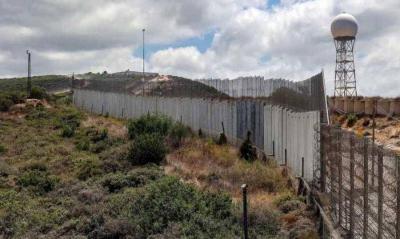The growing disparity in interests between the United States and Israel is prominently featured in the current situation, as it serves as an additional factor causing the Palestinian people to bear the consequences, allowing the Israeli genocide against Gaza to continue, with the horrors of famine becoming more gruesome by the day. The crisis in the exchanged statements between Tel Aviv and Washington erupted last Monday when the United States abstained from voting on a ceasefire resolution in the Security Council instead of using its veto right to reject it as usual. This abstention incited Israeli anger, exacerbated by Prime Minister Benjamin Netanyahu’s linking of the failure of ceasefire efforts to the aforementioned U.S. stance in the Security Council, which angered circles in the White House. However, none of this changed the reality for the Palestinians, who face incessant Israeli atrocities that continue unabated, whether by a UN resolution or due to American discontent that neither contributes nor detracts.
Sources monitoring the situation indicate that the crisis between America and Israel began to emerge when the U.S. opposed the Rafah ground operation, as it began to adopt positions leaning towards civilians in Gaza, emphasizing the need for aid to reach them and pressuring Israel to allow that, while Israel seeks unconditional and open support for its operations across the Gaza Strip. Nonetheless, these sources, speaking to the "Anbaa" electronic newspaper, stress that Israel has no alternative to the United States, whether in terms of politics or military support, with military aid continuing, and the reverse is also true. At the same time, the U.S. administration is in its final phase, and the opinion polls are not in its favor, indicating that Israel may not seek to appease it.
According to the sources, the existing disagreement may actually comfort the current U.S. administration and President Joe Biden, providing them more room to adopt positions and decisions that could restore what they have lost in public support based on electoral calculations. However, this space remains limited because the absolute support for Israel remains prevalent in the U.S., thus Biden will likely play both sides in his electoral battle.
Locally, Lebanon remains on the cusp of transformation, with the front line between Hezbollah and the Israeli occupation army witnessing significant escalation yesterday, marked by Israel targeting southern Lebanon again in the Baalbek and Hermel areas in two waves, alongside strikes on other Hezbollah positions in the south, to which the party responded with approximately 50 Katyusha rockets targeting a position in the Golan Heights.
In Gaza, discussions regarding a ceasefire appear to have reached another deadlock, as reports indicated that the Israeli negotiators have left Doha, accusing Hamas and its leader in Gaza, Yahya Sinwar, of sabotaging the truce to ignite further tensions during Ramadan. Moreover, alarming figures mentioned by Hamas yesterday reported that 18 Palestinians died either by drowning or due to stampedes while trying to obtain food aid being airdropped, underscoring the gravity of the situation and the looming specter of famine over the sector, a warning echoed by the United Nations yesterday.
Thus, the region stands on a significant fault line, especially since Israel is unlikely to adhere to the Security Council resolution and will probably escalate its response; it has a long history of violating international decisions according to "Anbaa" electronic.




